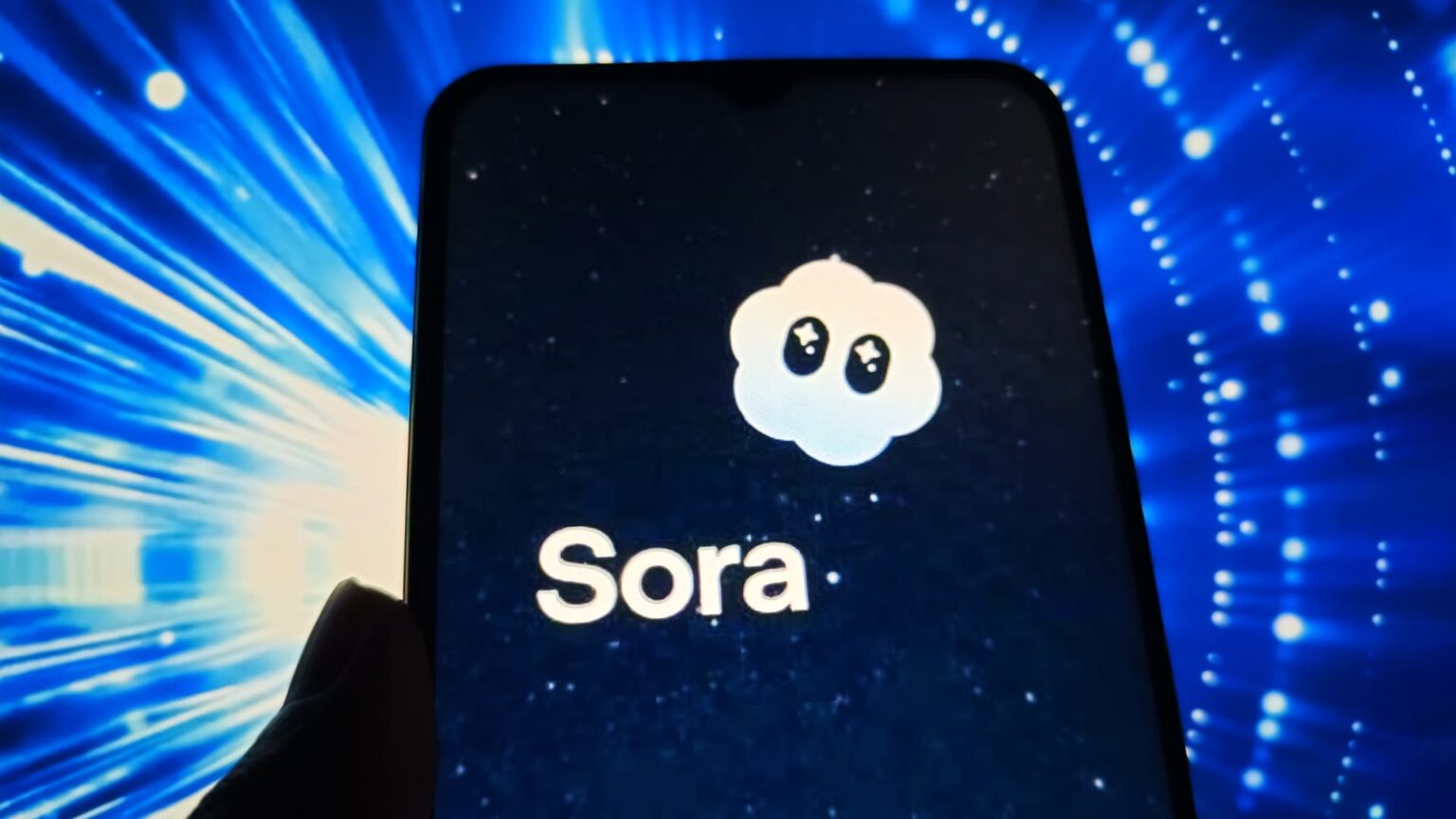An illustration photo shows Sora 2 logo on a smartphone.
Cfoto | Future Publishing | Getty Images
The Creative Artists Agency on Thursday slammed OpenAI’s new video creation app Sora for posing “significant risks” to their clients and intellectual property.
The talent agency, which represents Doja Cat, Scarlett Johanson, Tom Hanks and other stars, questioned whether OpenAI believed that “humans, writers, artists, actors, directors, producers, musicians, and athletes deserve to be compensated and credited for the work they create.”
“Or does Open AI believe they can just steal it, disregarding global copyright principles and blatantly dismissing creators’ rights, as well as the many people and companies who fund the production, creation, and publication of these humans’ work? In our opinion, the answer to this question is obvious,” the CAA wrote.
The CAA said that it was “open to hearing” solutions from OpenAI and is working with IP leaders, unions, legislators and global policymakers on the matter.
“Control, permission for use, and compensation is a fundamental right of these workers,” the CAA wrote. “Anything less than the protection of creators and their rights is unacceptable.”
Sora, which launched last week and has quickly reached 1 million downloads, allows users to create AI-generated clips often featuring popular characters and brands.
OpenAI launched with an “opt-out” system, which allowed the use of copyrighted material unless studios or agencies requested that their IP not be used.
CEO Sam Altman later said in a blog post that they would give rightsholders “more granular control over generation of characters.”
United Talent Agency also criticized Sora’s use of copyrighted property as “exploitation, not innovation,” in a statement on Thursday.
“There is no substitute for human talent in our business, and we will continue to fight tirelessly for our clients to ensure that they are protected,” UTA wrote. “When it comes to OpenAI’s Sora or any other platform that seeks to profit from our clients’ intellectual property and likeness, we stand with artists.”
OpenAI said on Thursday that it has placed guardrails intended to stop the generation of well-known characters in addition to reviewing existing Sora videos for material that does not comply with the updated policy.
“We’re removing generated characters from Sora’s public feed and will be rolling out updates that give rightsholders more control over their characters and how fans can create with them,” Vice President of Media Partnerships Varun Shetty said in a statement.
Talent agency WME sent a memo to agents on Wednesday that it has “notified OpenAI that all WME clients be opted out of the latest Sora AI update, regardless of whether IP rights holders have opted out IP our clients are associated with,” the LA Times reported.
In a letter written to OpenAI last week, Disney said it did not authorize OpenAI and Sora to copy, distribute, publicly display or perform any image or video that features its copyrighted works and characters, according to a person familiar with the matter.
Disney also wrote that it did not have an obligation to “opt-out” of appearing in Sora or any OpenAI system to preserve its rights under copyright law, the person said.
The Motion Picture Association issued a statement on Tuesday, urging OpenAI to take “immediate and decisive action” against videos using Sora to produce content infringing on its copyrighted material.
Entertainment companies have expressed numerous copyright concerns as generative AI has surged.
Universal and Disney sued creator Midjourney in June, alleging that the company used and distributed AI-generated characters from their movies despite requests to stop. Disney also sent a cease-and-desist letter to AI startup Character.AI in September, warning the company to stop using its copyrighted characters without authorization.

https://www.cnbc.com/2025/10/09/caa-open-ai-sora-copyright-talent-agency.html


